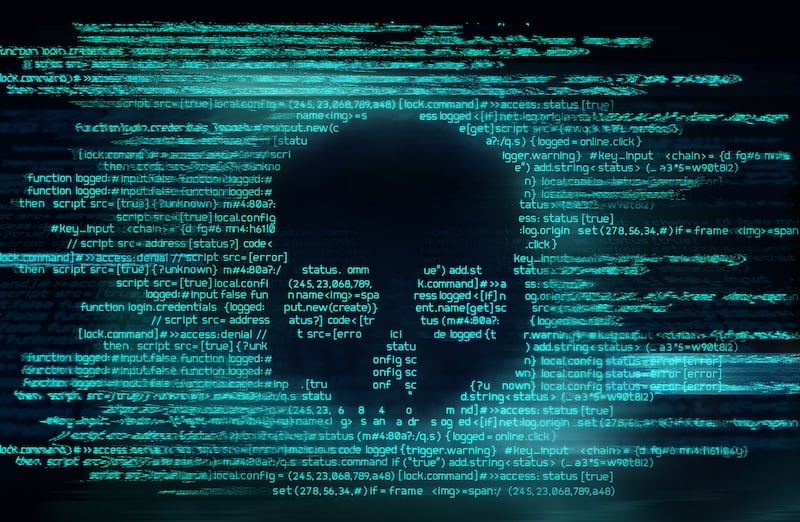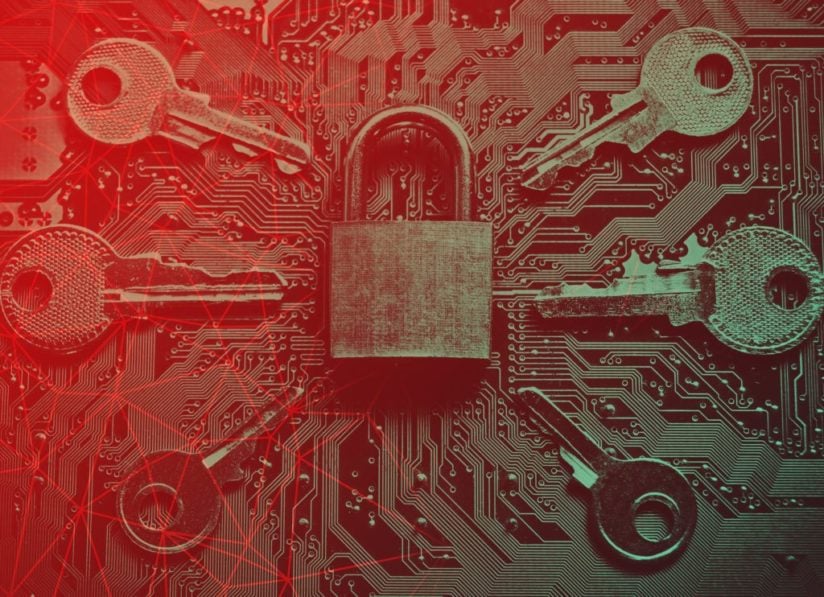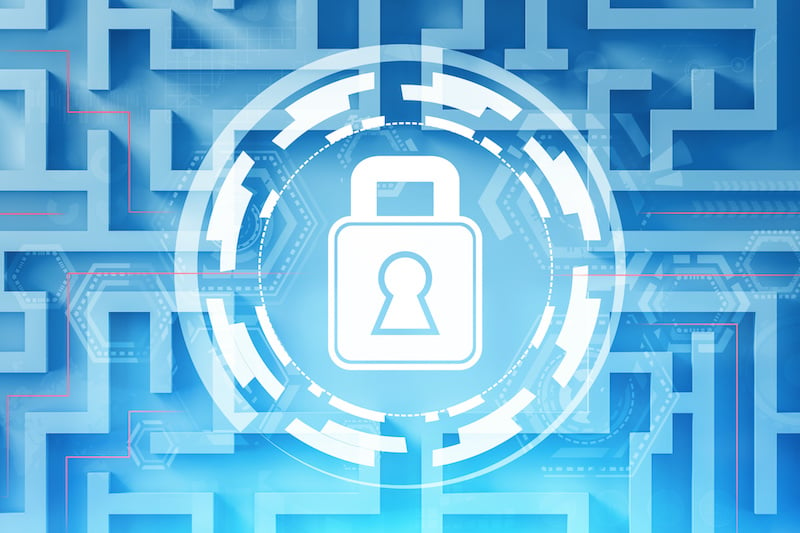Security News

As a provider of cyber insurance, we have the misfortune of responding to ransomware attacks across tens of thousands of organizations, and the trends are worrying. Although the majority of ransomware campaigns were observed to target Windows environments, there were also successful attacks against Linux environments.

The developers behind the Shade ransomware on Monday announced that they ceased operations and publicly released decryption keys to let their victims recover files for free. Now, the ransomware's authors say they actually stopped distributing the malware at the end of last year, and that they now decided to completely close shop and release over 750,000 decryption keys, along with their decryption utility.

One of the most dramatic all-at-once attacks that your network can suffer is, of course, ransomware. Ransomware attacks often rely on victims making a few basic mistakes that are often quite uncomfortable to confront - it's natural to assume you haven't made any, and it can feel both tired and tiring to keep going through the basics.

Though some ransomware gangs have vowed to hold off on attacks against hospitals and healthcare providers as the world battles COVID-19, others are still trying to make a profit out of any potential victim. As the virus has spread, the number of successful ransomware attacks against certain sectors has actually declined, according to a blog post published Thursday by Emsisoft.

Ransomware attacks to municipal, local, and state government agencies are on the rise. In 2016, there were a reported 46 ransomware attacks perpetrated against public sector agencies.

The DoppelPaymer ransomware operators claim that they've hit a Los Angeles county with a ransomware attack - and are now leaking the city's data online, according to a recent report. According to a Tuesday report by Bleeping Computer, the attackers behind the DoppelPaymer ransomware are demanding 100 Bitcoin in ransom from the city.

Organizations hit by ransomware attacks can suffer several types of losses. A report released Tuesday by Infrascale illustrates how SMBs are faring at defending themselves against ransomware.

73% of those SMBs that have been the targets of ransomware attacks actually have paid a ransom, Infrascale reveals. B2B orgs were more likely to be ransomware targets than B2Cs. Business-to-business organizations were more likely to have experienced a ransomware attack than business-to-consumer entities, according to the Infrascale survey results.

New Jersey IT services provider Cognizant has confirmed it is the latest victim of the Maze ransomware. Maze is unusual among ransomware strains in that it not only encrypts the data on infected Windows machines, it siphons off copies of the originals as well.

IT services giant Cognizant said that it has been hit by the Maze ransomware group in a cyberattack that has caused service disruptions. Maze operators in an interview with Bleeping Computer, which first reported the ransomware attack, denied any association with the attack.